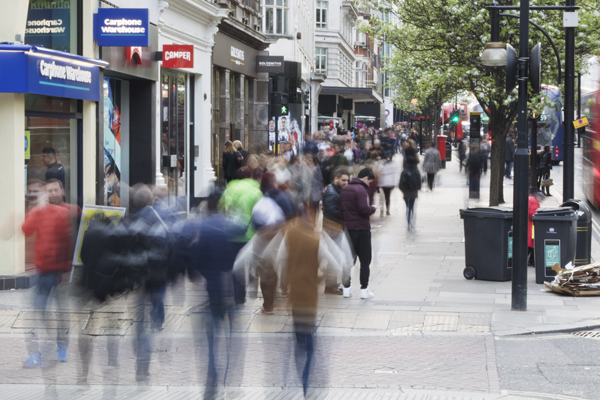Leading retail industry analysts in the UK have expressed a “wait and see” outlook in the wake of the EU referendum result.
Yesterday‘s historic referendum saw 52% of voters agree to have the UK leave the EU, while the remaining 48% of voters wanted to remain.
The results also sparked an overnight plunge of the pound, falling as low as $1.32 against the US dollar – the lowest since the 1980s.
PwC‘s retail and consumer lead Madeleine Thomson said as the UK enters a transition period, the impact of Brexit on retail “remains to be seen”.
“Whilst we may see a short-term impact in consumer confidence, most businesses will have a contingency plan in place and there is no reason why long-term success should be impacted by the referendum outcome,” she said.
According to research undertaken by PwC recently, 43% of respondents said their business and growth plans were not dependent on staying in the EU.
On the other hand, Thomson said the main concerns of CEOs were the rise in prices, a squeeze in margins and the impact on EU imports.
Roberto Lobue, a partner at Menzies, said the Brexit result would likely lead to a “disruptive time” for the retail industry with uncertainty in long-term contacts, taxation, the continued employment of EU citizens, and other areas.
“This unpredictability should not be used as an excuse for complacency, however,” he said.
“Responding to this decision will require some urgency, particularly in areas like supply chain relationships.
“Retailers have to remain competitive and need to be able to react quickly as and when the picture of life outside the EU becomes clearer.”
Meanwhile, Knight Frank‘s Stephen Springham said if the UK slipped into a recession after Brexit, retail sales would not necessarily follow suit.
“As the last recession proved, retail sales patterns do not religiously track GDP performance,” he said.
“Consumers may tighten purse strings and realign spending priorities, but they will not stop spending altogether. Retail sales performance will remain erratic.”
Springham added that the prospect of rising inflation could be blessing in disguise for the industry.
“There has been too large a gap between retail sales volumes and sales values,” he said.
“Inflation will help narrow this gap, as long as retailers take the bold step of passing on raw price increases to consumers.
He also said the Brexit result could have a “surprisingly neutral” effect on retail property markets.
“The outcome is unlikely to destabilise occupier markets either way,” he said.
“Retail property investment markets will be most affected by a ‘leave‘ vote, albeit to no more or lesser degree than other commercial property sectors.
“The retail sector may well benefit from ‘bargain hunting‘ investors from overseas, taking advantage of any fall in the value of sterling.”


















